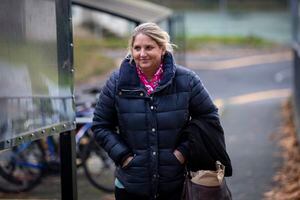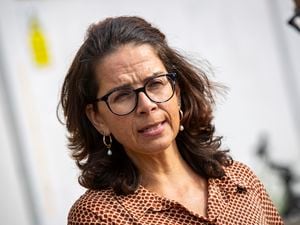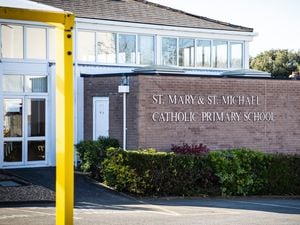DPA president cautioned for claims in vice-president row
THE president of the Development & Planning Authority, Victoria Oliver, has been cautioned by the States Members’ Conduct Panel following comments she made during the vice-presidency row in her committee earlier this year.

Former deputy Mary Lowe raised the complaint after she learned that Deputy Oliver had attempted to justify the removal of Deputy Andrew Taylor as vice-president of the DPA by telling her committee that Mrs Lowe had made a similar move in 2018 when president of the Committee for Home Affairs.
Mrs Lowe said that the allegation was untrue – subsequently accepted by Deputy Oliver – and said the comment was ‘appalling’.
A conduct panel was convened by chairman the Rev. John Guille, alongside Advocate Louise Hall and Mick Fooks, who agreed that Deputy Oliver had breached sections 6, 8 and 9 of the States Members’ Code, in relation to her misstatement concerning the relevant Home Affairs meeting, the way she handled an apology to Mrs Lowe for the error, and her failure subsequently to correct the DPA’s records.
It regarded the breach as minor. Deputy Oliver was cautioned by the panel and has accepted the caution.
Deputy Oliver, who had been a member of Home Affairs in 2018, accepted that she had been wrong about what had happened when she was provided with a transcript of the DPA meeting and said her comment to her committee was an ‘inadvertent error’.
The panel said that Deputy Oliver had not ‘deliberately misled’ the members of the DPA at the meeting when it went on to stage an election for a new vice-president, and Deputy John Dyke was ‘elected’ to replace Deputy Taylor. Deputy Taylor was formally reinstated some two months later.
The process of apologising formally in committee and directly to Mrs Lowe was confused and the panel said found it was unsatisfactory on three grounds – it lacked detail, had no clear statement that her statement at the committee meeting in January was incorrect, and there was no indication that the record had been corrected.
The unsatisfactory apology, the panel said, demonstrated a lack of respect and courtesy to Mrs Lowe, and it recommended that Deputy Oliver formally correct the record about Mrs Lowe’s actions at Home Affairs in relation to the resignation of its vice-president in 2018, making it clear that Mrs Lowe did not take a motion to the committee to have vice-president, Richard Graham, removed, rather that Mr Graham chose to resign, although Mrs Lowe wanted him to stay in post.
Mrs Lowe said that she was still assessing the judgment and did not wish to comment.





